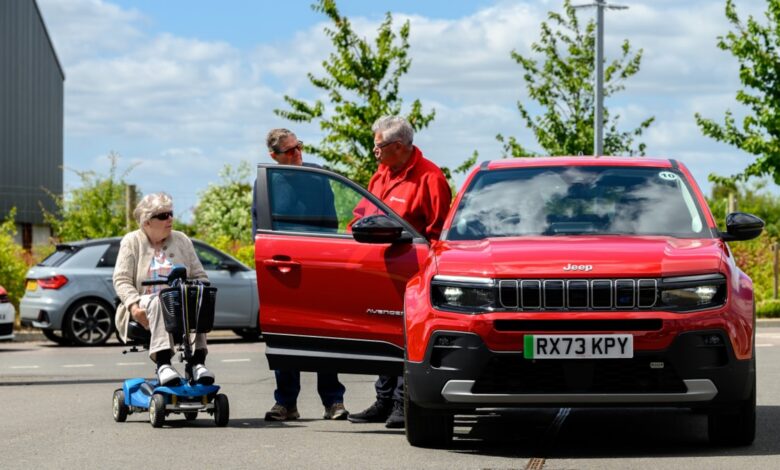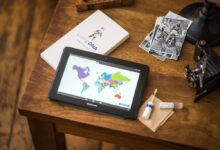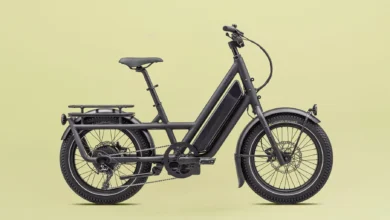Empowering Daily Life: Innovative Mobility Solutions for Independence in the UK

Preserving independence plays a crucial role in upholding personal dignity and enhancing overall quality of life. In the UK, a growing number of individuals with mobility challenges are benefiting from advancements in assistive technologies. Whether due to age, disability, injury, or illness, mobility limitations can greatly affect daily living. Fortunately, modern mobility solutions are reshaping how individuals interact with their surroundings, enabling a more self-reliant and confident lifestyle.
Understanding the Need for Mobility Support
As people age or face physical challenges, everyday activities such as shopping, commuting, or simply moving around the home can become difficult. Mobility aids help bridge this gap. From canes and walkers to sophisticated powered wheelchairs and stairlifts, these tools are designed to restore a sense of control and autonomy. The growing sector of assist mobility UK providers ensures that individuals have access to the latest and most effective mobility solutions. With a rising aging population and a strong emphasis on inclusive living, the demand for innovative mobility aids continues to grow.
Mobility Wheelchairs: A Cornerstone of Freedom
Mobility wheelchairs remain one of the most crucial tools for individuals facing physical limitations. These chairs range from basic manual models to highly customizable electric versions with programmable controls, adjustable seating, and terrain-ready wheels. In the UK, accessibility standards have significantly improved, with better wheelchair-friendly infrastructure, making daily travel easier for users. Public transport systems across major cities are increasingly accommodating mobility wheelchairs, allowing users to navigate more freely.
Advancements in Walking Aids
Beyond wheelchairs, many individuals rely on walking aids such as rollators, crutches, or mobility scooters. Rollators with built-in seats, storage compartments, and hand brakes offer a convenient way for people to stay active while taking rest breaks as needed. In urban UK settings, these aids are particularly popular among seniors who wish to maintain their independence without sacrificing safety or comfort.
Smart Home Integrations
Another revolutionary area enhancing independent living is the integration of smart home technology. Voice-activated technology, motion detectors, and autoamatic doors enable individuals with mobility challenges to complete tasks more easily and with less physical strain. For instance, adjusting lighting, operating appliances, or answering the door can now be done through mobile apps or smart speakers. UK-based programs that subsidize home modifications are helping make these technologies more accessible to those in need.
Vehicle Adaptations and Accessible Transport
Transportation is another key area where mobility solutions are making a difference. In the UK, accessible taxis, buses, and rail services have been expanded to better accommodate individuals using wheelchairs or mobility aids. Additionally, modified vehicles equipped with hand controls, wheelchair ramps, or swivel seats are empowering more people to drive independently. Motability, a well-known UK scheme, offers leasing options for adapted vehicles, making car ownership and independence achievable for those with physical impairments.
Inclusive Public Spaces
Urban planning in the UK has increasingly embraced universal design principles, ensuring that public environments are usable by everyone, regardless of ability. From wider pavements and step-free entrances to accessible toilets and priority seating, these design changes make everyday tasks more manageable. Mobility solutions are more effective when combined with infrastructure that supports ease of movement and access.
The Role of Healthcare and Occupational Therapy
Healthcare providers and occupational therapists play a crucial role in assessing individual needs and recommending appropriate mobility aids. In the UK, the NHS and private services offer assessments to ensure that users receive equipment that fits both their physical and lifestyle requirements. Customization is key to user satisfaction, whether it involves adjusting the height of a walker or selecting a powered wheelchair with specific features.
Affordable and Sustainable Solutions
While high-tech mobility devices can be expensive, there are various programs in the UK aimed at making them more affordable. Local councils, charities, and government-funded initiatives provide grants, equipment loans, or discounts to ensure that no one is left behind due to financial constraints. Additionally, the rise in refurbished and second-hand mobility aids offers an eco-friendly and budget-conscious alternative for many families.
Social Inclusion and Community Support
Independence isn’t just about physical mobility; it’s also about social participation. Mobility solutions make it possible for individuals to attend social gatherings, participate in community activities, and maintain relationships. Community centers and support groups across the UK offer resources and companionship for those adjusting to new mobility challenges, reducing the sense of isolation that can sometimes accompany limited mobility.
Conclusion
Empowering individuals through innovative mobility solutions is not just a matter of convenience; it’s about restoring dignity, freedom, and quality of life. In the UK, ongoing advancements in mobility aids, smart technologies, infrastructure, and community support systems are opening new doors for people facing physical challenges. By embracing these solutions and ensuring their accessibility, society as a whole moves toward a more inclusive and compassionate future. Whether it’s through a mobility wheelchair, a voice-activated home system, or an adapted vehicle, every step taken toward increased independence is a step toward a better life.





